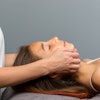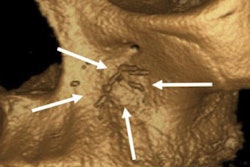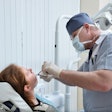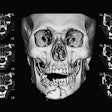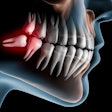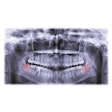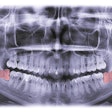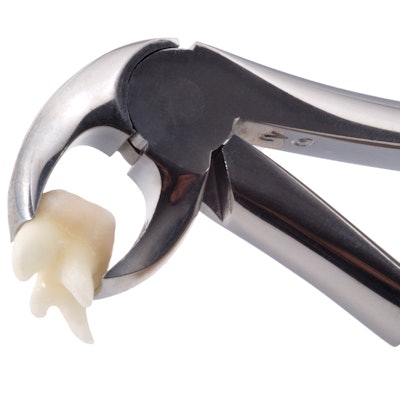
A 26-year-old woman experienced vertigo after having two teeth surgically removed, according to a case report published on August 13 in the British Dental Journal. Only four similar cases have been reported, the authors noted.
"We found this case interesting and worth discussing to understand the pathophysiology of this odd relationship," they wrote.
When the patient presented to the dentist, she had bilateral recurrent pericoronitis in relation to distoangularly impacted lower wisdom teeth. To treat her, clinicians placed the woman under local anesthesia and surgically removed both teeth. They removed one tooth first and extracted the second tooth four weeks later.
During a teledentistry visit three days after the second tooth extraction, the woman reported experiencing moderate pain, restricted mouth opening, and nausea. She was reassured and urged to maintain good oral hygiene, the authors wrote.
Later, the patient reported new-onset dizziness and worsening nausea, which intensified with movement and imbalance. She denied experiencing any recent trauma or having these symptoms in the past.
The woman went to the emergency room and was admitted for 24 hours. Physicians monitored her and gave her prochlorperazine. Her balance improved and she was discharged. She was also prescribed a course of antiemetics, which she discontinued due to spontaneous improvement, the authors wrote.
The case is a rare instance of vertigo after an isolated dental extraction. While the timing of the woman's vertigo could be a coincidence, the authors noted that "prolonged mouth opening during dental procedures is a well-known risk factor for temporomandibular disorders which can present with otological symptoms."



